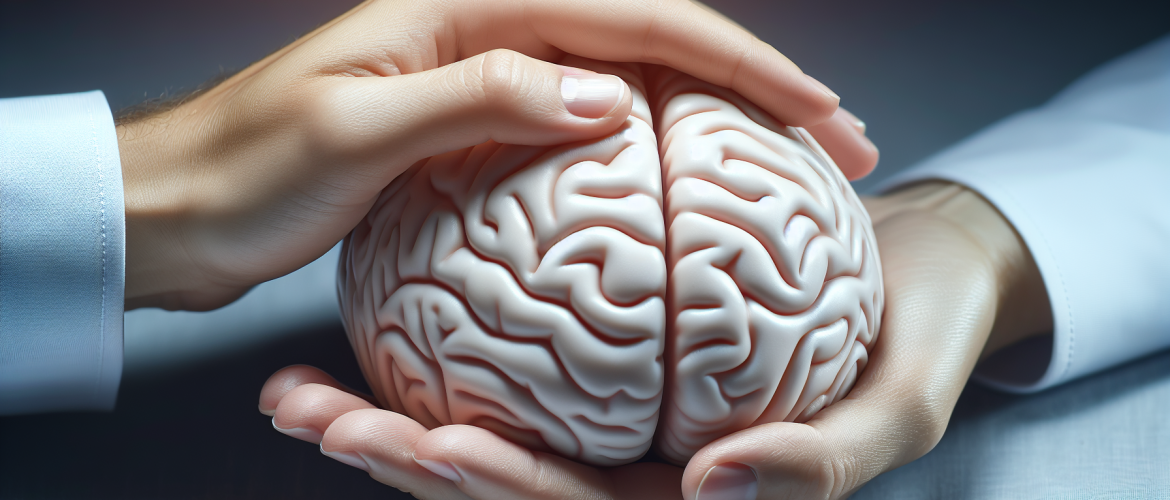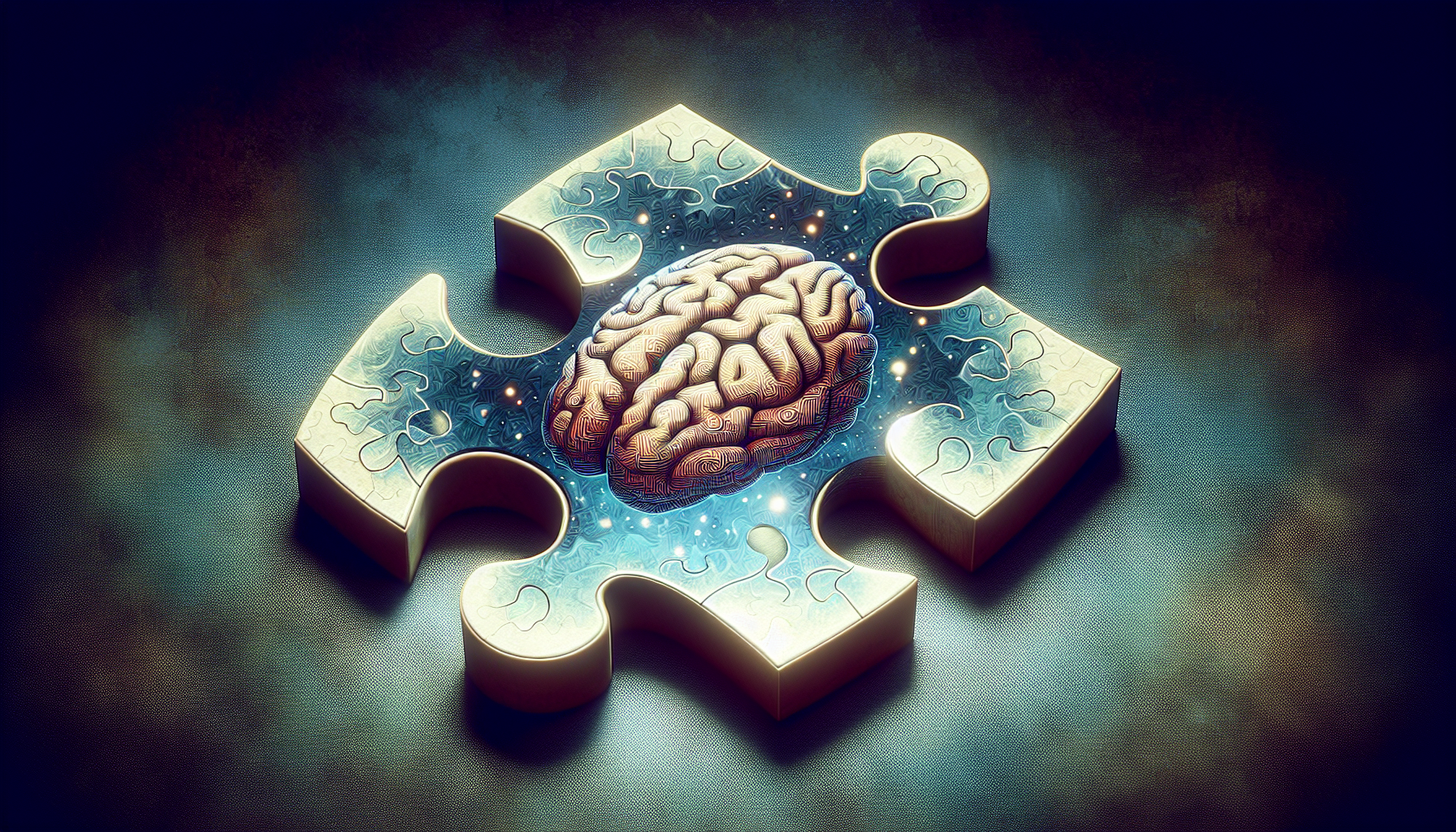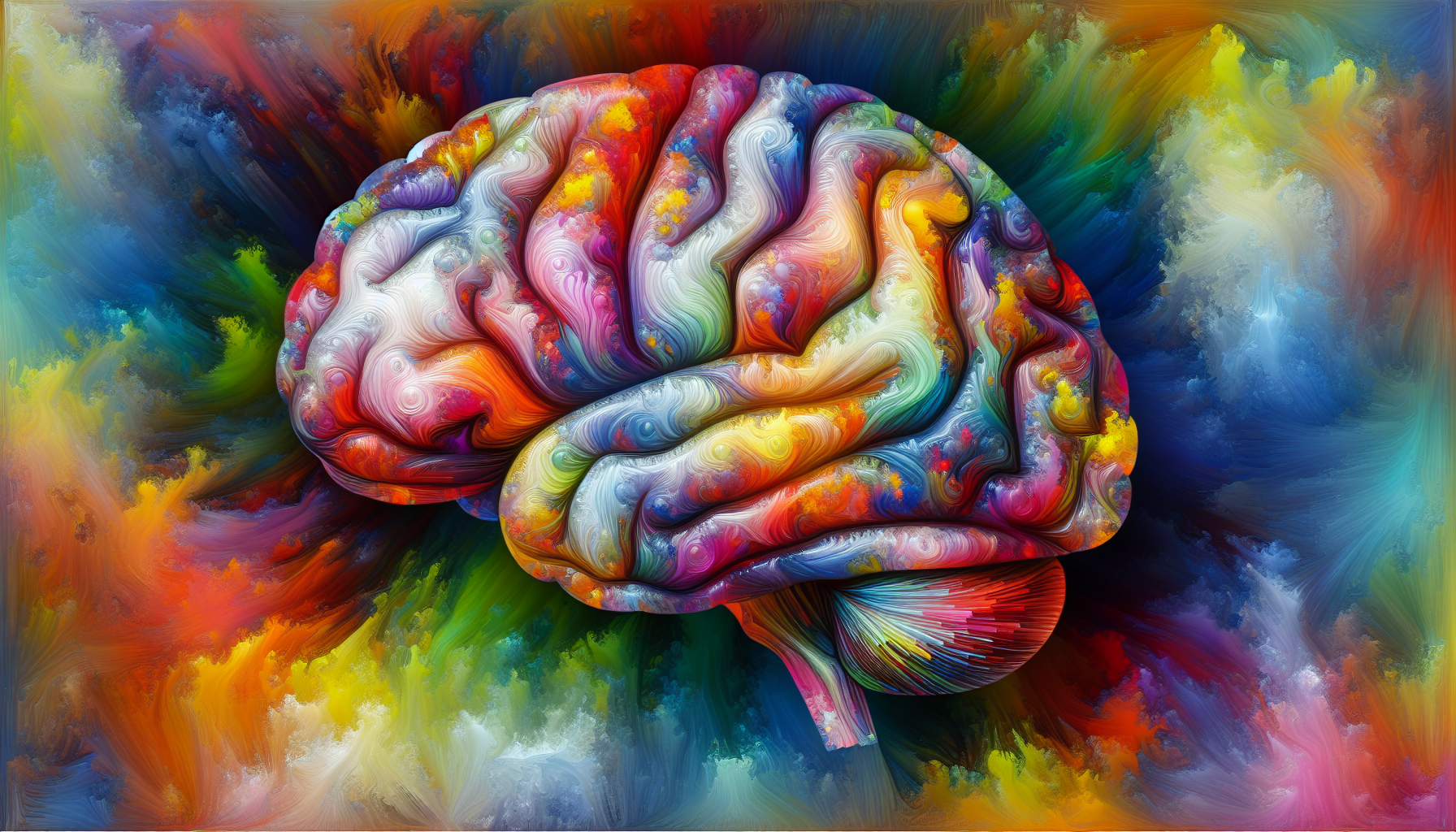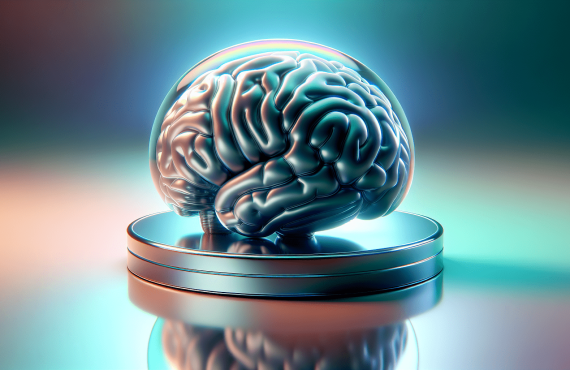Have you ever wondered how best to assist someone dealing with a traumatic brain injury? Often, when a loved one faces such a challenge, you find yourself navigating a path that demands patience, understanding, and a bit of kindness. This journey, though uncharted, can be made smoother with the right information and support strategies. Let’s look into this topic together, focusing on straightforward advice to help you- both practically and emotionally.
Table of Contents
Understanding Traumatic Brain Injury
A traumatic brain injury (TBI) occurs when an external force injures the brain. It’s like your brain’s temporary misadventure, caught off guard by an unexpected jolt. Such injuries are more common than you might think, and their impact can range from mild to severe.
What Causes Traumatic Brain Injuries?
The causes can be as varied as the people who experience them. Commonly, these injuries result from falls, car accidents, sports injuries, or violent actions. It’s a reminder that life is full of surprises, not all of them pleasant.
Symptoms and Signs
Recognizing the symptoms of a TBI is crucial in providing timely assistance. The signs may include headaches, confusion, dizziness, blurred vision, and nausea. In more severe cases, you might notice slurred speech, seizures, or numbness in the arms or legs. Spotting these signs early can make a significant difference in recovery outcomes.
Role of Family and Friends
Your support as a family member or friend is invaluable. It’s about transforming concern into action, helping your loved one navigate through the phases of recovery.
Providing Emotional Support
Your loved one needs more than just medical care; they need emotional reassurance. Simple acts of kindness, like a warm smile or an understanding nod, can make their journey a bit lighter. Be patient with mood changes and try to maintain a positive atmosphere.
Encouraging Professional Help
Prompt them to visit a professional if they’re resistant. Suggest seeing experts, like those at Henry Chiropractic in Pensacola, FL, where licensed practitioners can offer specialized therapy for comfort and recovery.
Practical Assistance
Offering practical help is equally essential. Your role can vary from assisting with daily chores to driving them to appointments.
Adjusting the Home Environment
Make their environment comfortable and safe. Simple changes, like removing tripping hazards and installing extra lighting, can effectively prevent further injuries.
Helping with Routine and Therapy
Encourage a routine that includes therapy schedules and regular rest. Consistency helps stabilize an often chaotic recovery journey.
Importance of Rehabilitation
Rehabilitation plays a fundamental role in recovery. It’s where the magic begins, aiding in reintegrating back to normal life.
Physical Therapy
Physical therapy can aid in regaining strength and mobility. Professionals help tailor exercises suited to individual recovery stages.
Cognitive Therapy
Cognitive therapy targets memory and thought processes. It’s like giving the brain a gentle nudge, reminding it to wake up and reconnect the dots.
Hyperbaric Therapy
Hyperbaric therapy might remind you of a sci-fi movie with oxygen chambers. Yet, this treatment is very real and can be beneficial.
What is Hyperbaric Therapy?
Hyperbaric therapy involves breathing 100% oxygen in a pressurized chamber. This method boosts oxygen levels in blood and tissues, promoting healing and repair.
Benefits and Working of Hyperbaric Therapy
Breathing pure oxygen at high pressures increases oxygen content in the blood. This process helps in tissue repair, reduces inflammation, and enhances the body’s healing response. Boosting oxygen availability aids in damage repair, potentially speeding up recovery.
Engaging with Healthcare Professionals
Working alongside professionals ensures your loved one receives the best care possible. This collaboration involves more than just appointments; it’s a partnership in their recovery journey.
Communicating with Doctors
Stay informed by asking questions during medical visits. Your understanding of the condition can help in managing and advocating for necessary treatments.
Supporting Medical Recommendations
Be their advocate by ensuring they follow through with medical advice. Your encouragement helps in adhering to prescribed care plans.
Maintaining a Healthy Lifestyle
Encouraging a healthy lifestyle supports recovery and long-term well-being, an area where small changes can lead to big improvements.
Balanced Diet
A balanced diet rich in nutrients supports brain health and recovery. Ensure meals include a variety of fruits, vegetables, lean proteins, and whole grains.
Exercise and Mindful Practices
Gentle exercises and mindfulness practices, like yoga or meditation, can significantly aid mental and physical recovery. They help in reducing stress and improving mental clarity.
FAQs
Here are some common questions to further clarify and assist you in helping someone with a TBI:
1. What should I do immediately after a loved one experiences a head injury?
Ensure they receive medical attention promptly. Keep them calm and awake until help arrives.
2. Can a person fully recover from a TBI?
Recovery varies with each individual. While some may recover fully, others might need ongoing support to manage long-term symptoms.
3. How can I help manage their medical appointments?
Create a schedule that includes appointment dates and times. Help them prepare questions for their doctor visits.
4. What should I avoid doing when helping someone with a TBI?
Avoid overwhelming them with too much information or activity at once. Keep communication clear and simple.
5. Is there a support group we can join?
Yes, many communities offer support groups for TBI survivors and their families. They can be a wonderful source of shared experiences and advice.
In your journey to help someone with a traumatic brain injury, patience and understanding are your greatest allies. Support them by staying informed, being present, and ensuring they get the right care. Remember, you don’t have to do it all alone. Professionals like Dr. Craig Henry and Dr. Aaron Hixon at Henry Chiropractic can offer valuable help and guidance. Contact them at (850) 435-7777 or visit Henry Chiropractic for more information.
Keep your focus on creating a nurturing environment and you can enhance the healing journey for your loved one, every step of the way.
















































